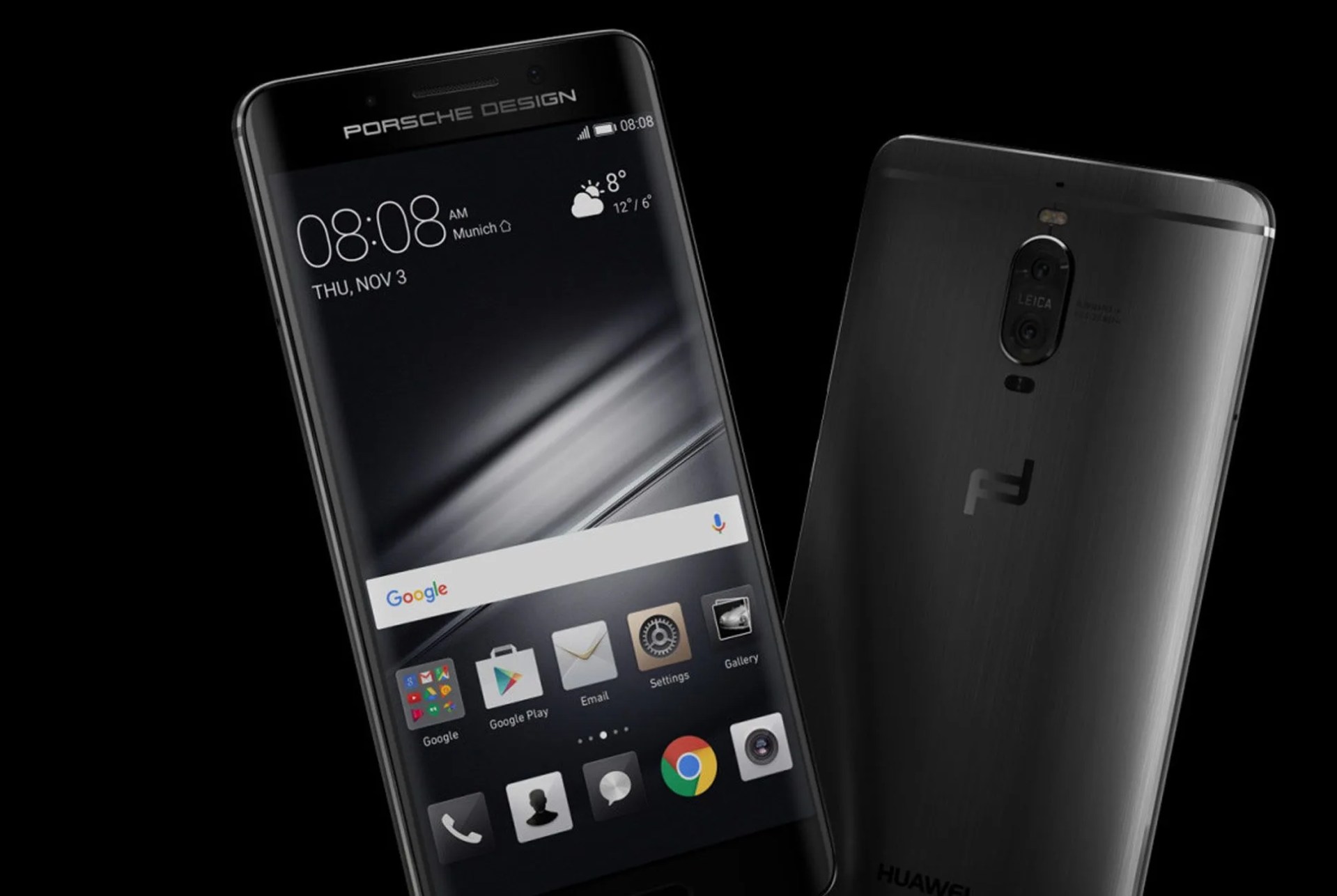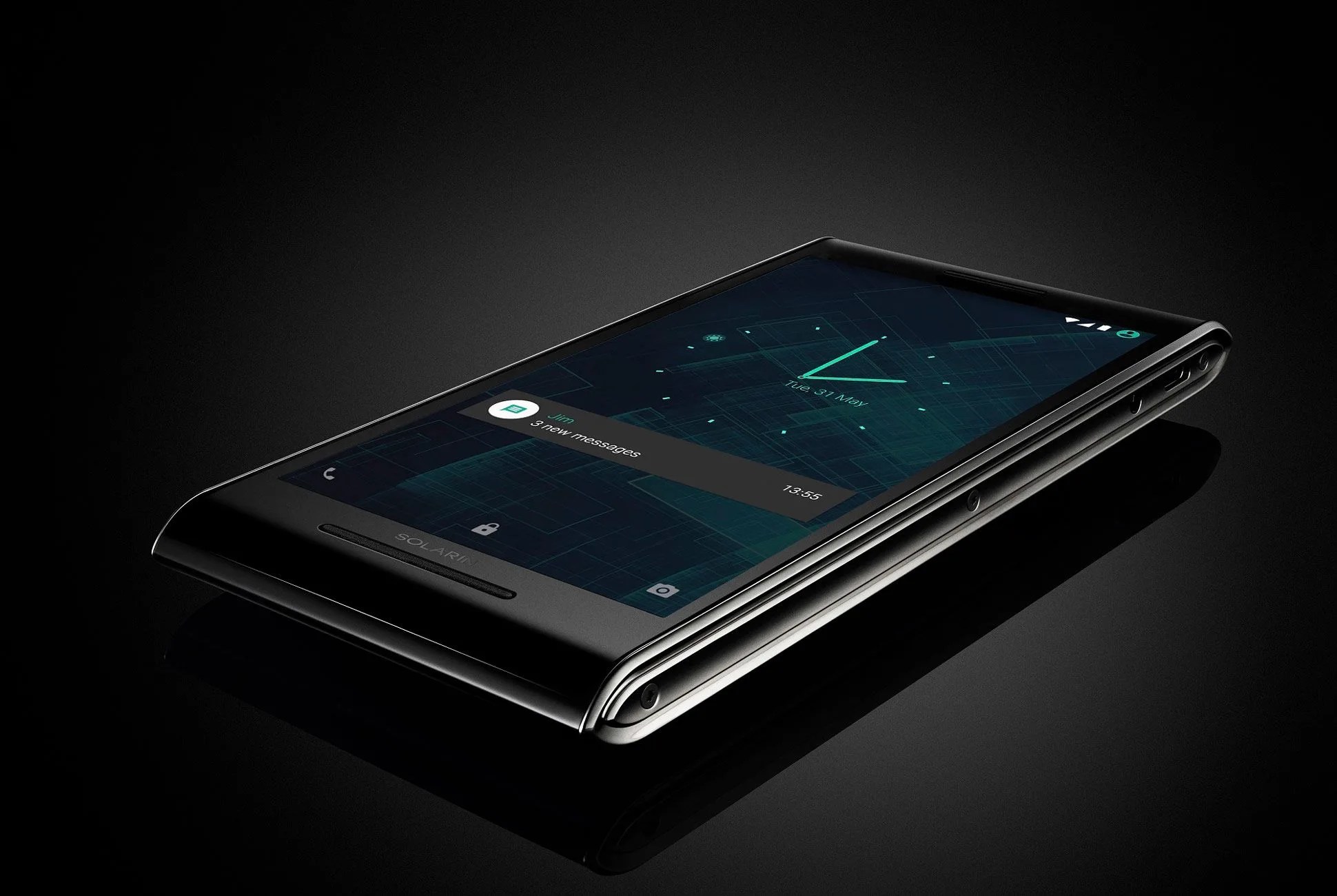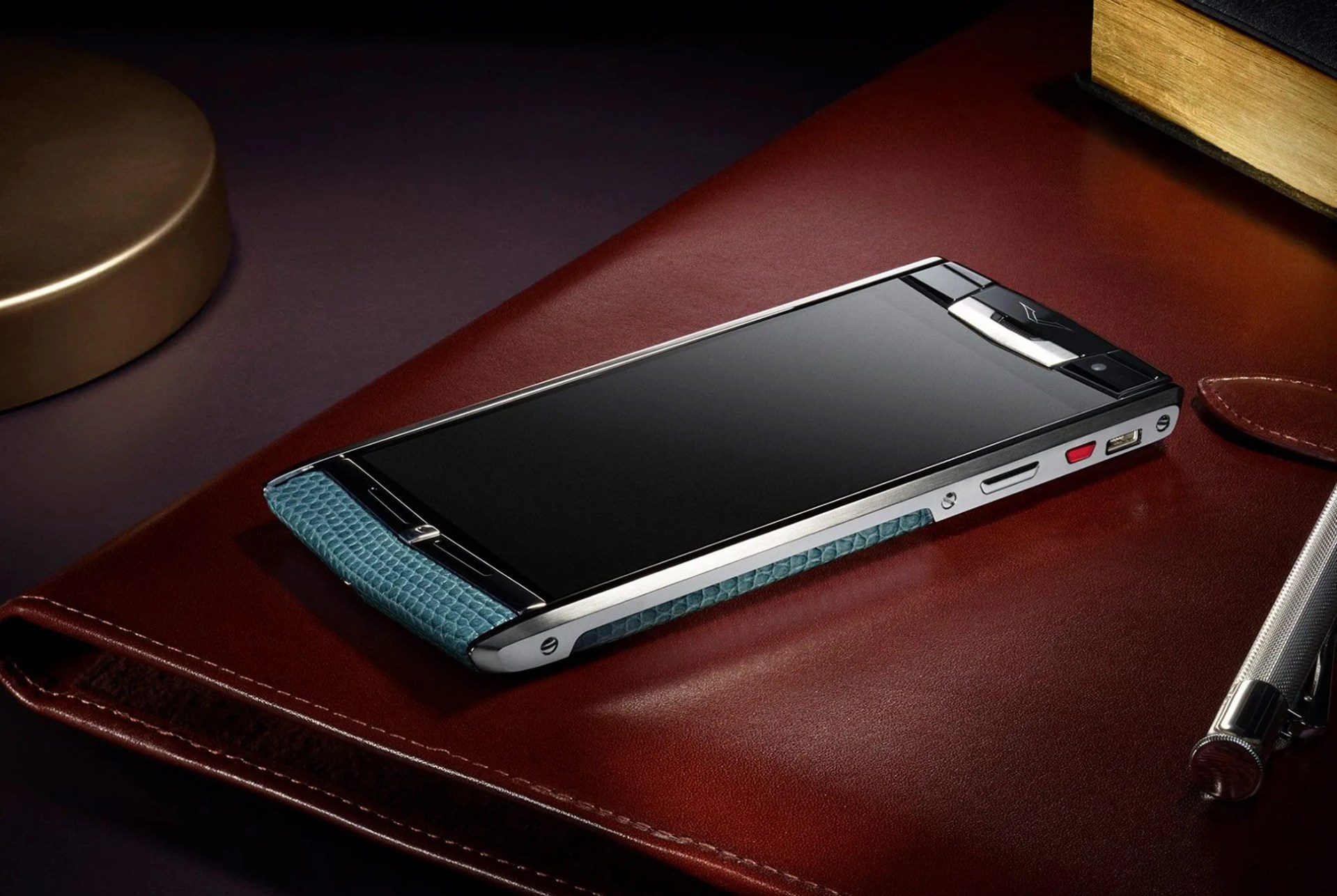
$1,195. That’s the most an iPhone 7 with all the fixings will set you back. The top-of-the-line Galaxy S8+ and Pixel XL go for roughly the same. In terms of design, power, camera systems and popularity, those are the crème de la crème of premium smartphones. But they’re not the most unique, nor are they the most expensive smartphones by any means. Luxury smartphones, in the true sense, are a rare and rarefied group — and you’ve likely never seen one in the wild.
Within the luxury smartphone market, there are two kinds of players. First, there are companies, like Porshe Design, who partner with existing smartphone brands, upgrade the hardware and some other specs, and then jack up the price. The Porsche Design Huawei Mate 9 ($1,500) is a recent example.
Second, and more interestingly, are the manufacturers like Sirin Labs and Vertu, which design their own lavish high-end smartphones. In 2016, Sirin Labs launched the Solarin, a $16,000 Android phone that’s touted as the most secure smartphone anyone could ever buy. In addition to its opulent design and its brick-like weight (it weighs over half a pound), the Solarin has a cyber-security mode that, according to The Verge, only allows “outgoing voice calls and securely encrypted messaging.”

In 2014, the British manufacturer Vertu announced the Vertu Signature Touch, a 4.7-inch Android phone made of titanium and sapphire crystal glass. The base model goes for $9K; adding materials like alligator or grape lizard skin ratchets the price up to $19K.
Let’s be clear: Aside from a few hardware updates — Bang & Olufsen stereo speakers, a Hasselblad camera, extreme temperature resistance (-45 degrees to 176 degrees Fahrenheit) — most of the Vertu Signature Touch’s specs are on par with the iPhone you already own. It has a 1080p display, a Snapdragon 801 processor, 64GB of storage and a 2,275mAh battery. And because it runs Android, you still won’t get iMessage.


